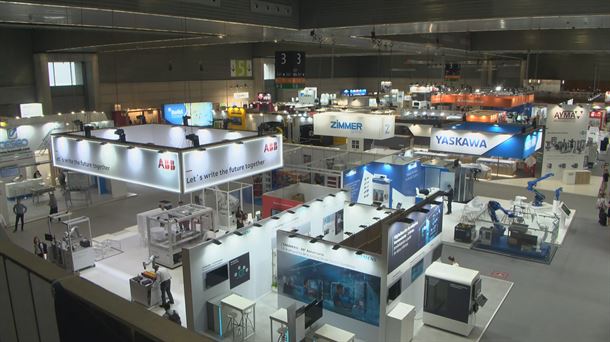The planned ban on combustion engines from 2035 is a big step, but some climate projects will have to wait a while, but the breakthrough in emissions trading has not come.
Originally, the vote in the EU Parliament on the Commission’s “Fit for 55” plan was only supposed to be about details and the “how”, but now some projects have failed completely for the time being.
The abolition of the extension of CO2 certificates has a major impact in particular on the buildings and transport areas. The intention was that companies would have to pay for the CO2 emissions of their buildings and vehicles from 2025. For private homes and cars, emissions trading should not apply until 2029 at the earliest. Electricity producers and industrial sectors are already paying for their greenhouse gas emissions, but for now it will remain that way.
Another setback
The Commission had yet to accept a setback with the planned EU border adjustment mechanism. That would have been a kind of import tax on the CO2 emissions of goods, as a result of which foreign manufacturers also pay a price (taking into account CO2 taxes already paid). Initially this would apply to cement, iron and steel, aluminum, fertilizer and electricity, but now the MEPs have sent this back to the committee as well.
Finally, another major concern did not find a majority: the social climate fund should have supported the socially disadvantaged in particular. This was intended, among other things, to finance the reduction of energy taxes for poorer households and the promotion of climate-friendly behavior (renovation of buildings, use of public transport, etc.).
When it comes to combustion engines, the ball is in the hands of EU countries
The ban on internal combustion engines, on the other hand, was approved – as early as 2035. Only new cars with zero greenhouse gas emissions may then be sold. However, there is hardly any euphoria: with the “Ferrari amendment” there was an exception – for manufacturers of smaller quantities.
Member States on the train
More weakening could follow. Because now it is the turn of the member states, which were previously seen more as a brake than as a driver of climate projects. In two weeks, the heads of government must determine their position on the end of the combustion engine, Germany has already spoken out in favor of it. Some, especially Christian Democrats, hope to make exceptions for synthetic, climate-neutral fuels in the final negotiations between the institutions in the autumn.
Source: Krone
I am Ida Scott, a journalist and content author with a passion for uncovering the truth. I have been writing professionally for Today Times Live since 2020 and specialize in political news. My career began when I was just 17; I had already developed a knack for research and an eye for detail which made me stand out from my peers.



